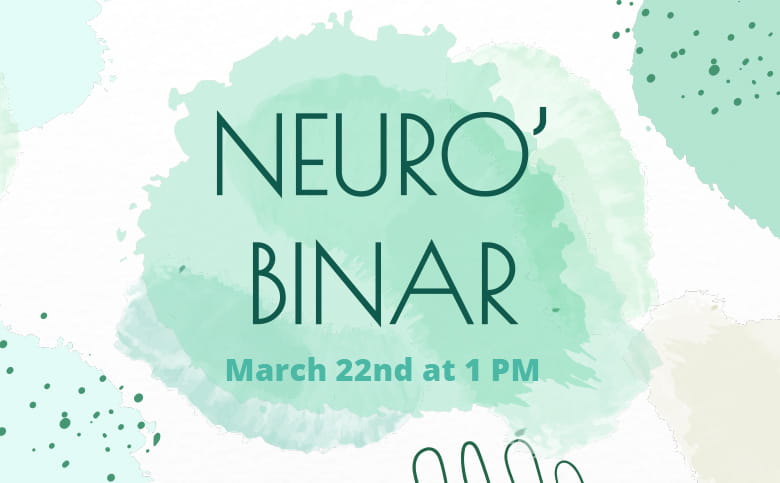Your "Zoomers" of this thirteenth edition
Learn more about Emmanuel Nivet from INP, Hannah Ihme from INT and Martha Montse Rangel-Sosa from IBDM. You can also watch previous Neurobinars on our Youtube channel.
Emmanuel Nivet is a CNRS researcher and a Principal Investigator at the Institute of NeuroPhysiopathology (INP), Aix-Marseille Université (AMU), France. He is the team leader of the “Stem Cells, Disease Modeling and Neuroregeneration” team since 2018. Emmanuel’s team strongly relies on the use of pluripotent stem cell-based disease modeling approaches, leveraging on human iPSCs and genome-editing, to study mechanisms underlying brain diseases pathogenesis, especially Alzheimer’s disease. Lately, his research primarily focuses on the role of glial cells in the pathology. Emmanuel received his M.Sc. degree and PhD degree in Neuroscience at Aix-Marseille Université, where his work was dedicated to the study of human adult olfactory stem cells as a potential tool for stem-cell based therapy in brain diseases. From 2009 to 2014, he worked as a postdoc at the Salk Institute for biological Studies with Pr. Juan Carlos Izpisua-Belmonte (La Jolla, CA, US). During his post-doctoral stay he mastered reprogramming approaches by being actively involved in various projects using cell-reprogramming strategies including iPSC-reprogramming, direct differentiation from pluripotent cells as well as direct reprogramming (transdifferentiation) and indirect reprogramming from somatic cells. In 2015, Emmanuel obtained a permanent researcher position from the CNRS to use his expertise in the reprogramming field in order to develop translational research projects aiming at unveiling and targeting novel cellular and/or molecular features in pathologic situations.
Hannah Ihme received her Bachelor's degree in Psychology from Philipps-University in Marburg, Germany in 2018, and her Master's degree from the same university in 2019. She completed her master's internship on the topic "Low-frequency deep brain stimulation in the inferior colliculus improves haloperidol-induced catalepsy and reduces anxiety in rats." Since 2019, she pursues her studies with a PhD at the INT of Marseille, in the CANOP team, under the supervision of Raoul BELZEAUX and Christine DERUELLE, and her subject is entitled "Interaction between attachment styles and resilience to trauma exposure: cognitive determinant and biological markers"...
I did my previous studies in Mexico, I have a Bachelor's degree in Biotechnology and a Master's degree in Molecular Biology and Genetic Engineering. Currently, I am in the third year of my PhD, under the supervision of Sophie Chauvet in the team of Fanny Mann, at the IBDM of Luminy. My team has described that nerves actively develop during the development of pancreatic tumors, having an impact on the progression of the disease. My project therefore focuses on understanding the underlying mechanisms and the cells that could trigger this axonal remodeling.









